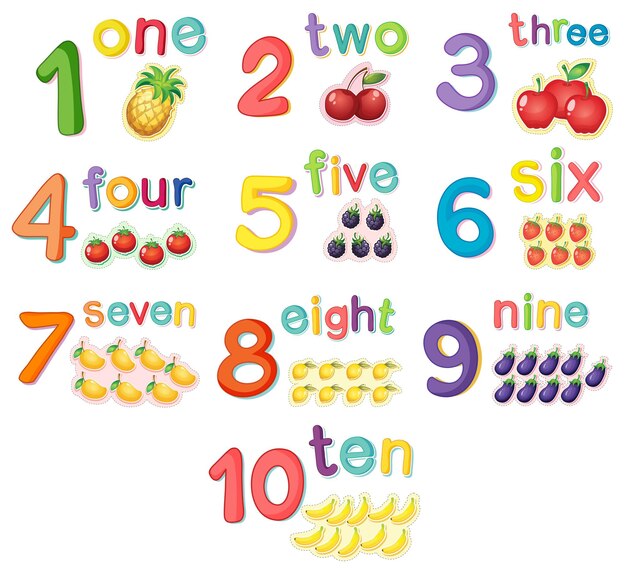In mathematics, a number is a concept from arithmetic and algebra that represents a quantity or value. In addition to their use in counting and measuring, numbers have uses in logic and language. They are the foundation of all mathematical operations. The various types of numbers include natural numbers, whole numbers, integers, rational numbers, irrational numbers, real numbers, and complex numbers.
The history of mathematics has been largely concerned with the study and classification of different types of numbers. Ancient cultures developed number systems for representing quantities in trade and commerce. The first known written numerals were used by the Egyptians about 5000 years ago. The Babylonians developed a place-value system about 4000 years ago. The Greeks made major contributions to the development of number theory between 600 BCE and 300 BCE.
The concept of zero was developed by Indian mathematicians around 500 CE. Arabic mathematicians further developed the Hindu numbering system while also introducing the decimal point notation that is now used worldwide. European mathematicians began using Arabic numerals in the 12th century CE.
The discovery of new types of numbers continued into modern times with the development of imaginary numbers by Italian mathematician Gerolamo Cardano in 1545 CE and complex numbers by Swiss mathematician Leonhard Euler in 1748 CE. Real analysis provided a deeper understanding of infinity and led to the development of non-standard analysis by British mathematician Abraham Robinson in 1960 CE.


